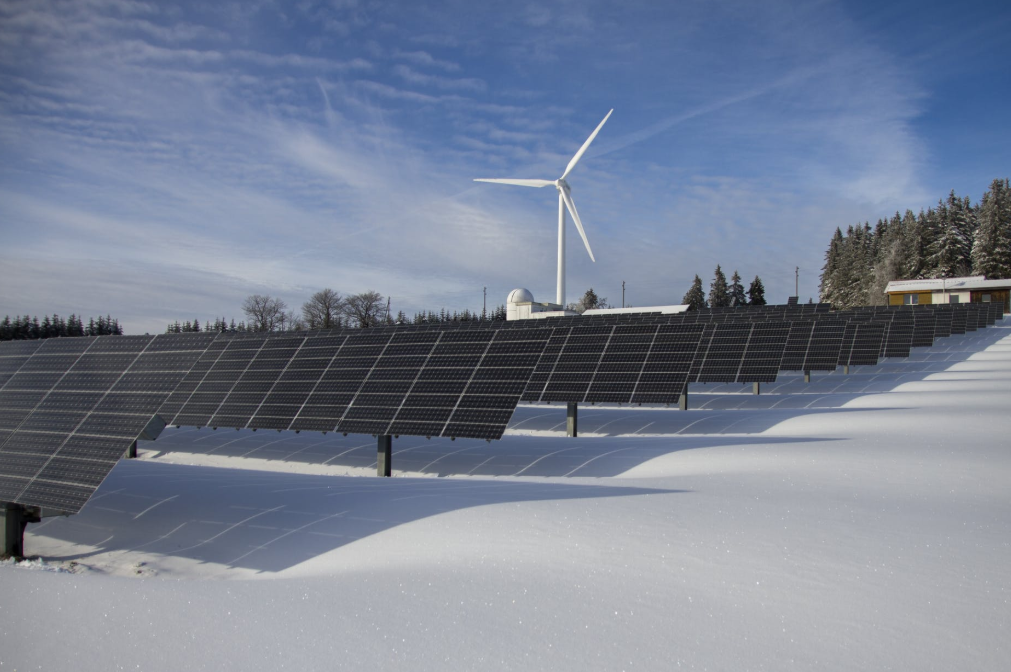I. Background
On May 15, 2020, the Ministry of Energy (SENER) published on the Federal Official Gazette (DOF) a Decree issuing the Reliability, Safety, Continuity and Quality Policy of the National Electric System (the Decree).
The Decree modifies the rules in order for new renewable energy generating plants to be connected to the National Electric System.
There are grounds to assert, as was mentioned in previous communications by ÉCIJA, that the Decree contains clear unconstitutionality flaws and that it infringes the constitutional authority of the Federal Economic Competition Commission (COFECE).
Therefore, multiple amparo trials have been filed by private companies and organizations, and constitutional controversy proceedings were initiated by governmental organs.
II. Constitutional Controversy Proceeding initiated by COFECE
On June 22 of this year, COFECE filed a constitutional controversy against the Decree, considering that it infringes its authority to regulate free in the national energy sector.
The SCJN accepted the constitutional controversy presented by COFECE against the Decree, and Minister Luz María Aguilar ordered the suspension of all the measures contained therein, in accordance with the following:
“The precautionary measure requested by the Federal Economic Competition Commission is granted, for the purpose of suspending all the effects and consequences of the Decree issuing the Reliability, Safety, Continuity and Quality Policy of the National Electric System, published in the Federal Official Gazette on May 15, 2020, until the merits of this matter are solved ”.
The aforementioned minister stated: “The precautionary measure -suspension- reconciles, on the one hand, the legal situation, the right or the interest of the plaintiff and, on the other, the respect for the basic principles that govern the political, social or economic life of the country”.
Furthermore, the minister explained that the suspension granted will take effect without the need for a guarantee and without prejudice to the fact that it may be modified or revoked due to some supervening fact as clearly established by the Regulatory Law of Sections I and II of Article 105 of the Federal Constitution (Regulatory Law).
The minister also stated that the suspension does not affect the national security or economy, or fundamental institutions of the Mexican legal system, since the effect of such suspension is to continue applying the provisions that previously prevailed.
COFECE in this context, noted that the Decree eliminates the possibility of the electricity market operating in competition conditions, since it affects the non-discriminatory access to transmission and distribution networks, obstructing the entrance to the market to new companies while offering advantages to some participants.
SENER, through the Decree, intends to, among other purposes, “expand the use of power plants owned by the Federal Electricity Commission and limit permits for wind and solar plants, as well as to modify certain procedures established by the Energy Regulatory Commission and the National Center for Energy Control”.
III. Comments
A constitutional controversy proceeding, provided for in Article 105 of the Federal Constitution, is an extraordinary means of defense to settle conflicts of authority between powers and governmental organs, as in the case at hand.
Pursuant to article 14 of the Regulatory Law: “In the case of constitutional controversies, the examining minister, ex officio or at the request of a party, may grant the suspension of the act motivating the controversy, until before the final judgment is issued. The suspension will be granted based on the elements that are provided by the parties or collected by the instructing minister … “.
Based on this provision, the suspension was granted, following the filing of the controversy proceeding by COFECE.
It is important to mention that the effects of the suspension are general, which means that it benefits all participants in the electricity market of the country. For now, all electricity generators will be able to continue operating as prior to the publication of the Decree challenged by COFECE.
“Until the final judgement is passed, the investigating minister may modify or revoke the suspension order issued, provided that a supervening fact that gives grounds to such decision occurs,” as established in Article 17 of the Regulatory Law. Thus, in the event that the appeal – provided for in article 51 of the Regulatory Law – is filed against the suspension order, and such appeal is granted, then the suspension would be modified or revoked, as the case may be.
The SCJN could take several months to issue a judgement on the merits of the controversy, unless the provisions of article 9 bis of the Regulatory Law operate, which states:
“Exceptionally, and only in case of urgency due to social interest or public order, the Chambers of the Congress, through their presidents, or the Federal Executive Power, through its Legal Counselor, may request the president of the Supreme Court of Justice of the Nation to process and resolve, as a matter of priority, constitutional controversies or actions of unconstitutionality, without modifying in any way the terms provided by law.
The urgency in the terms of this article will be justified:
In case of constitutional controversies or actions of unconstitutionality regarding economic competition, monopolies, and free competition.
IV. Conclusion
Given the enormous importance of the issue, we hope that the SCJN will resolve the controversy in favor of COFECE, for the benefit of the entire community, its economy, of the indispensable legal security in a legal regime, of clean energies and, in short, in favor of the Greater Good, which is the purpose of the law and of every free society.
ECIJA México, S.C.






